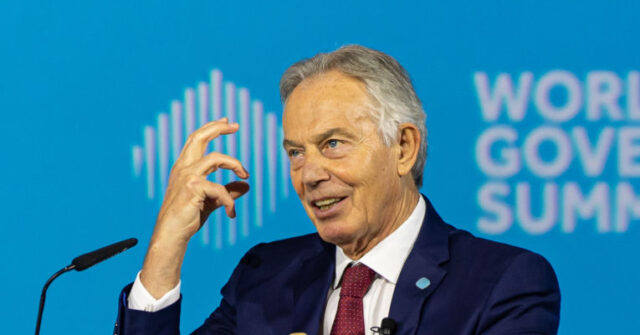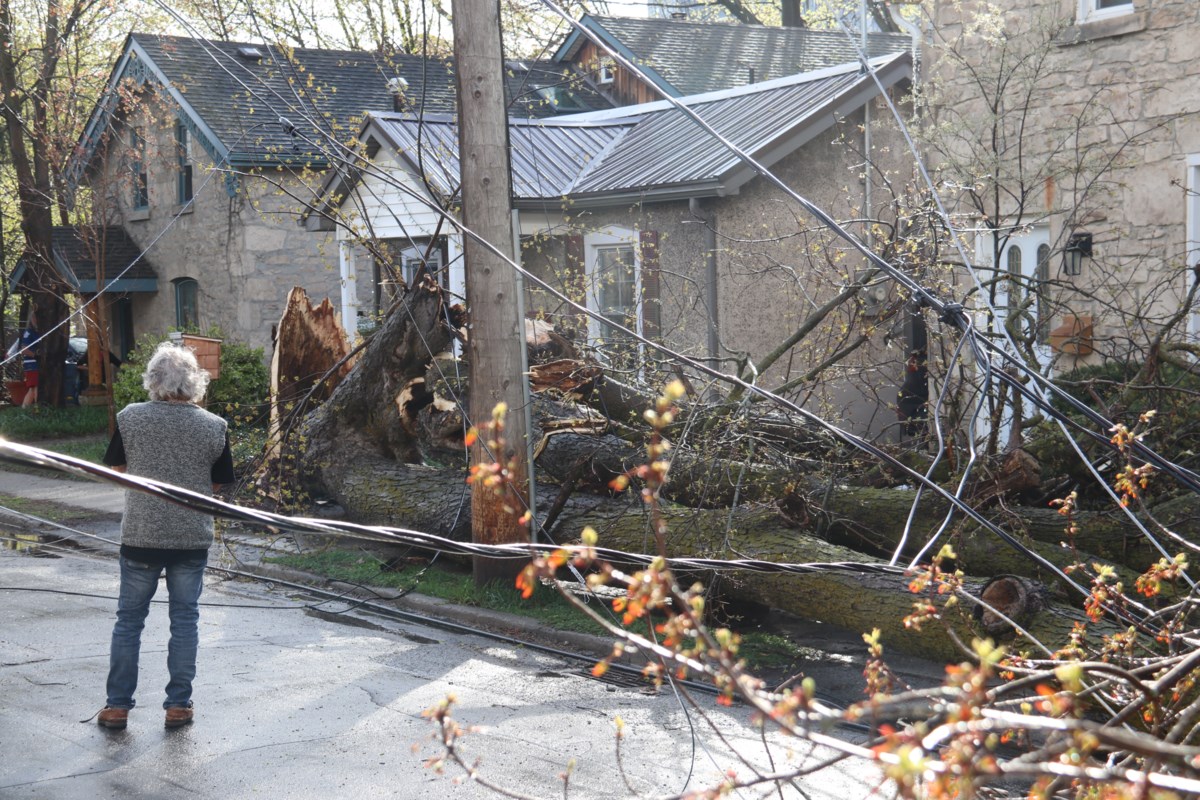Post-Pahalgam Islamophobia: Let Harmony Bloom in the Gardens of Kashmir

The year is 2025, and we are willing to accept that Artificial Intelligence (AI), plant-based meat, and even oats and cereal can both be both good and bad. And yet, Muslims are still being denied that nuance.Since the Pahalgam terror attack, a big section of the media has been busy framing most Muslims, particularly Kashmiri Muslims, as either terrorists or in cahoots with them.Amid Republic TV editor-in-chief Arnab Goswami’s invocation of a ‘final solution’ for Pakistan, and other calls on X for an ‘Israel-like’ response, (the reported death toll from Israel’s war on Gaza was over 60,000 as of February this year), what has ensued is the harassment of Kashmiri students in other parts of the country, and glaring instances of violence against Muslims. To name a few reported instances: a 27-year-old Muslim man was murdered in Agra, after which a self proclaimed gau rakshak announced that the murder was “retribution” for Pahalgam and that “there were more deaths to be avenged”; scores of Kashmiri Muslim students studying in other cities were forced to leave their colleges and accommodations; and one teenager was allegedly forced to urinate on a Pakistan flag in Aligarh.Dr Farooq Abdullah Speaks Out on Pahalgam Attack: 'PM Modi is Master of Game...'This kind of targeted, sweeping, and indiscriminate hate is not unprecedented. It is only strangely reminiscent of how many British imperialists liked to dehumanise and alienate all Indians. In Culture and Imperialism (1993), Edward Said quoted Edward Thompson—a critic of the British policy in India—as having said that the English “see Indians and their history as barbaric, uncivilised, inhuman.” I call this strange because have we not dedicated years to distancing ourselves from the colonial vestiges of the British empire—renaming roads, cities, and laws, and constructing a sprawling new 'decolonised' parliament?Yet, our raging Islamophobia is akin to the Western world’s historic gaze towards both the Oriental and the Islamic. In an essay for News Lines Magazine, Sanya Dhingra cited postcolonial scholars who found that the “division of Indian history into Hindu, Muslim, and British periods is (in fact!) a direct product of British colonial historiography.”This division of history was then used by the British to conjure a division of people, through perpetuation of narratives that sought to villanise the Mughals as barbaric invaders, while assuaging the British guilt as a redemption project.Lamenting the representation of Islam in Western media, which serves only to further Western interests, Edward Said wrote in 1980 about how Muslims are either portrayed as “backward fanatics” or, in some cases, hailed for their “contributions to civilisation, development, and perhaps even to democratic niceness.” Thus, as Said understands, you were either a Muslim sacrificing your agency for Western ideals, or a glaring threat to the Western society. Perhaps, we, as Indians, have taken Said’s analysis to the next possible level. The most prominent (and still relatively sporadic) defence of Kashmiri Muslims sprouting on social media are anecdotes of how a Muslim ponywallah sacrificed his life while trying to defend the tourists, or how Kashmiri locals gathered around grieving families to help them. But what about those who did not, or could not reach out with help? What if there was an ailing Kashmiri uncle whose health did not permit him to step out of his home? What if there was a Muslim teen who was so frazzled by what was happening that he could not instantly respond? We do not need a psychologist to tell us that violence has a way of inflicting shock and trauma on even those who are not staring directly at the barrel of the gun. You can be crippled by as little as vicarious pain.My reason for pointing this out is not to diminish the grief of a nation in mourning. Nor is it to understate the unsurmountable sacrifice of those who helped. It is merely to acknowledge that not everyone has the capacity to be helpful. But that does not automatically make them a terrorist or a terrorism-enabler. Inutility is not a reflection of guilt. A whole populace can neither be judged by its bad elements, nor by its martyrs.From Partition to Pahalgam: What We Refuse to See About OurselvesThe same society that hoarded masks and sanitisers in the beginning of a pandemic has zero moral legitimacy to espouse divisive binaries of good and evil, and feign such all-encompassing idealism. When we need others to die for us in order for us to be convinced of their innocence, we reek of unfathomable duplicity. We also betray a deeper sense of hatred that just needs an excuse to bubble up to the surface.In other news, there have been reports in the media, citing a “top police officer”, of 1,500 people being detained in the last few days. Does anybody truly believe that 1,500 people set out to perpetrate this outcome? If not, then why are 1,500 people supposed to suffer this fate? Whose idea of justice is this? In addition, several homes linked to alleged militants were also reported to have been destroyed. This is despite the Supreme Court’s emphatic decrial of such demolitions, where punishments are doled out even before a court can pronounce guilt: “Our constitutional ethos and values would not permit any such abuse of power and such misadventures cannot be tolerated by the court of law”. The mother of one suspect told NPR that she would support punishment for her son if he's found guilty, but she has not seen him since 2018. After the Pahalgam terror attack, her home was reduced to rubble and her husband, brother, and two cousins were detained.'Homes Blasted, Only Debris Left': Kashmiris on Demolitions Post Pahalgam AttackIs every other survivor of this tragedy guilty, then? The rhetoric on the internet would have us believe that.Finally, if raging islamophobia carries colonial echoes, the media’s polarising discourse serves primarily divisive purposes— in a manner similar to the activity of the terrorists, to state the obvious.Borrowing from TS Eliott’s Burnt Norton, Edward Said had noted in 1993 that reality cannot be denied to "other echoes [that] inhabit the garden.” He had also argued that it is much more rewarding, albeit difficult, to think “concretely and sympathetically” about the other, than it is to do so just about ourselves. The state must urgently step in and put an end to this dissonance and vitriol for the sake of its people. Let harmony bloom in the gardens of Kashmir.(Mekhala Saran is an independent journalist and researcher. She was formerly The Quint’s principal legal correspondent. This is an opinion piece. The views expressed above are the author’s own. The Quint neither endorses nor is responsible for them.) 'Leave by 10 am': Hindutva Groups Target Kashmiri Students Post Pahalgam Attack(At The Quint, we question everything. Play an active role in shaping our journalism by becoming a member today.)

















![If Subby is reading this correctly a private company found her car with her remains inside and then those remains were identified through DNA by a private lab while the police may or may not be investigating anything [Murica]](https://usrimg-850.fark.net/L/Lu/fark_LuAP5l3kJ7Dhg3OWOiIuEjKdZx0.png?AWSAccessKeyId=JO3ELGV4BGLFW7Y3EZXN&Expires=1746417600&Signature=yNgcruxrTopH47uQcHlQ9cewfhc%3D)
